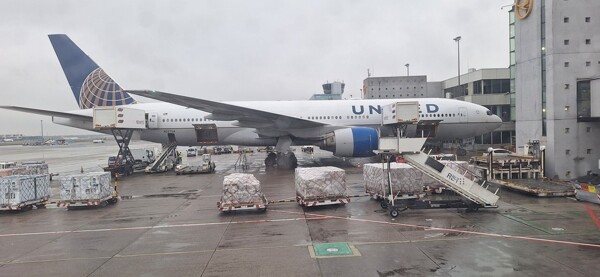
This Thursday, November 6th, is celebrated nationwide as Banker's Day, a date established by the collective agreement to commemorate the founding of the Bankers Association in 1924, the union that represents workers in the sector.
Historically, this day emerged as a union achievement in response to the long work hours that could reach up to 12 hours a day.
Why is it a holiday and what does it mean?
According to the collective agreement of the union, this day is governed under the same rules as a national holiday. Therefore, the following in-person transactions will not be possible:
* Deposits and withdrawals at the counter. * Opening or closing accounts and credit applications. * Operations for buying or selling in currency, stock, or bond markets.
Banker's Day: digital channels will operate normally
Despite the closure of branches, users will be able to use digital channels and bank infrastructure for most daily operations:
* ATMs: They will remain operational for cash withdrawals, deposits, and other routine inquiries. * Online Banking and Mobile Apps: They will be available for instant transfers, service and tax payments, and to check balances or transactions.
It is important to note that while transfers can be sent, their crediting may be delayed until the next business day. The same will apply for the crediting of checks and scheduled payments that fall on the holiday date.
This means that bank branches will remain closed and there will be no in-person customer service.
Additionally, this year, employees in the sector will receive a special bonus of $1,708,032.46.
Transactions that cannot be made on the bank holiday
On Thursday, November 6th, activity in the financial markets will be paralyzed.














